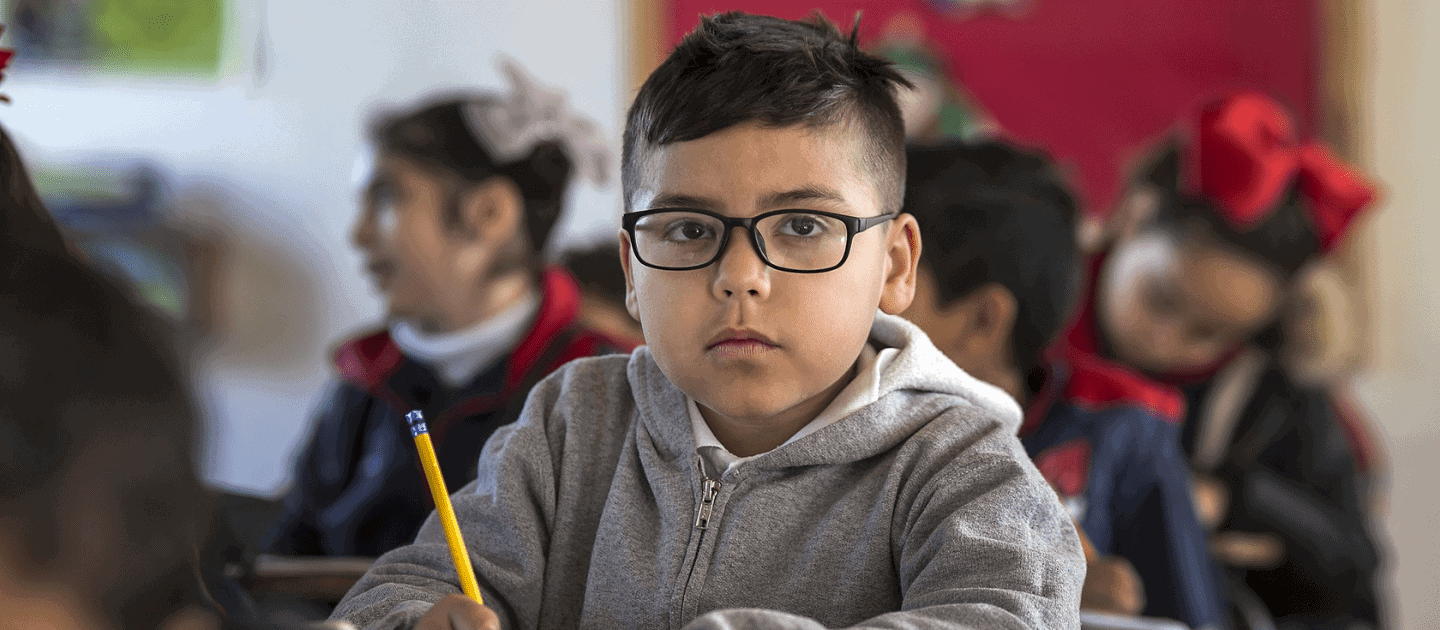
Promoting Inclusion and Equity in Education
As students return to a more normal school routine, IEP teams will have to reassess students’ Present Level of Performance (PLOP) and likely conduct reassessment and revision of IEPs.
25 Feb 2025
April 27, 2022

Key Takeaway: The pandemic has disrupted teaching and learning in many ways. Students with IEPs likely had these documents changed to adapt to the current mode of learning. In particular, students with social-based interventions may have needed to put these on hold as social distance and virtual learning made these infeasible. As students return to a more normal school routine, IEP teams will have to reassess students’ Present Level of Performance (PLOP) and likely conduct reassessment and revision of IEPs. —Ayla Reau
Students with autism rely on routine and often require individualized instruction. With the onset of the COVID-19 pandemic and the disruption to education worldwide, Sarah Hurwitz, Blaine Garman-McClaine, and Kane Carlock (Indiana University Bloomington) sought to investigate how special educators and specialists adapted practices for such students in response to pandemic schooling conditions.
“Special education professionals were asked to complete an online survey inquiring about service provision for students with autism during the COVID-19 pandemic.” Participants reported:
Overall, special education teachers described feeling less able to meet IEP requirements during online learning “and struggled to deliver the services, support, and attention that their students needed.”
However, the results also indicated the importance of collaboration between teachers and guardians. Getting and keeping caregivers involved in a child’s education is imperative to maintaining progress, especially while the children work from home. Since parents may not have the required training and experience needed to effectively implement their child’s education plan, offering the option to hold virtual parent-teacher meetings and case conferences may facilitate access.
Educators also found that while some students with more intense needs struggled, others actually preferred virtual instruction. “For some students with autism, staying at home where they feel comfortable and can engage in self-regulating activities without negative social consequences, may reduce their stress and have positive impacts on learning.” This raises concerns for the future when social expectations resume.
The authors conclude that students with disabilities are likely to have had a diminished learning experience during the pandemic. “As such, compensatory services may be required going forward.” They suggest that as schools return to more normal functioning, “IEP teams should assess what services were, in fact, delivered during school closures and across the changing educational modalities, and then conduct an assessment of each student’s current needs (i.e. reassess their Present Level of Performance (PLOP)).” If regression has occurred or limited progress was made in meaningful skills, the authors suggest IEP teams issue a COVID-19 compensatory services plan. Further, they predict reassessment and revision of IEPs to become common requirements as in-person learning resumes.
Schools must also continue to address mental health and provide additional layers of support for teachers to address burnout, in order to retain the teachers they have, especially special education teachers.
It is important to note that participants were all from public schools in Indiana, and the data was collected from a specific moment in the pandemic (middle of the 2020-2021 academic year), so their “perspective is grounded in experiences from a state that endeavored to open schools early, with precautions, allowing many school districts to offer hybrid and full-time in-person learning for considerable portions of the year.”
Summarized Article:
Hurwitz, S., Garman-McClaine, B., & Carlock, K. (2021). Special education for students with autism during the COVID-19 pandemic: “Each day brings new challenges”. Autism : the international journal of research and practice, 13623613211035935. Advance online publication. https://doi.org/10.1177/13623613211035935
Summary by: Ayla Reau—Ayla is excited to help continue to grow the MARIO Framework, seeing the potential for it to impact all students across any educational context.
Curious how MARIO Education can enhance your school’s advisory or learning support programs? Schedule a no-obligation demo with our team and discover how our innovative tools and 1-to-1 learning conversations can elevate student success and well-being in your school. Book your demo today!